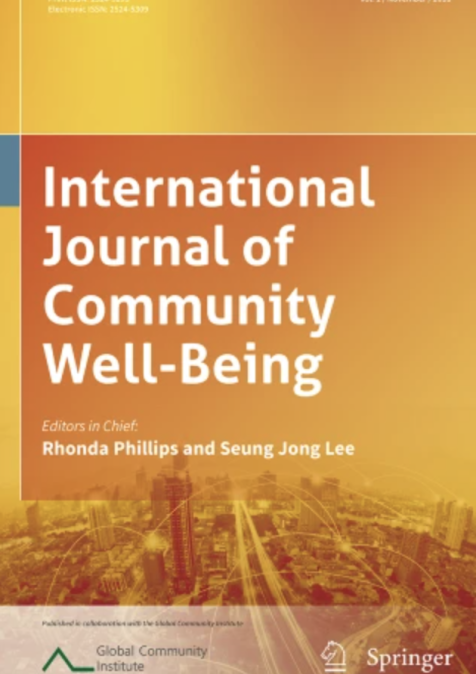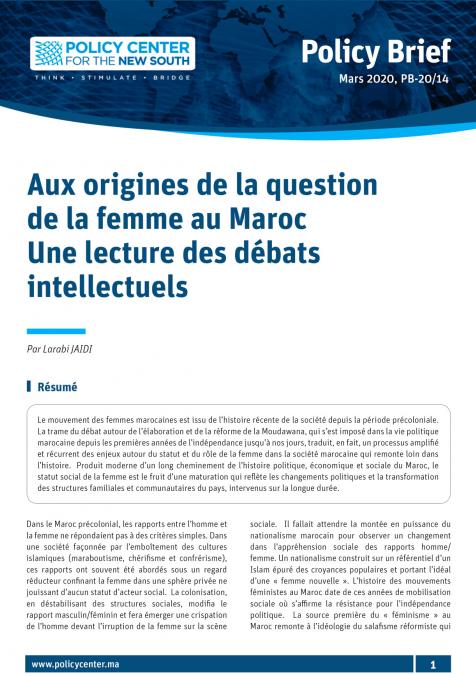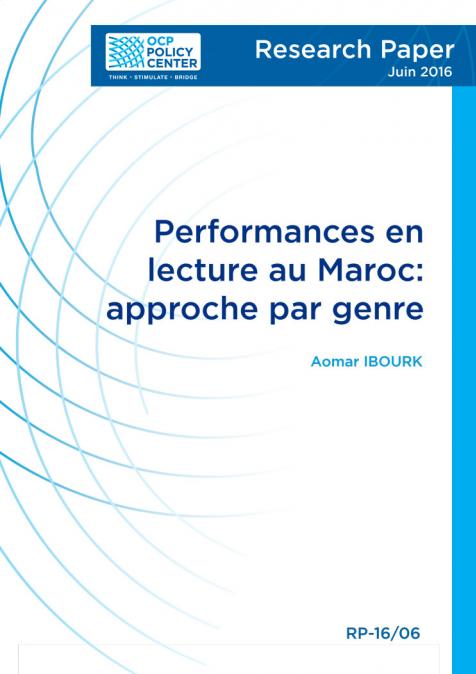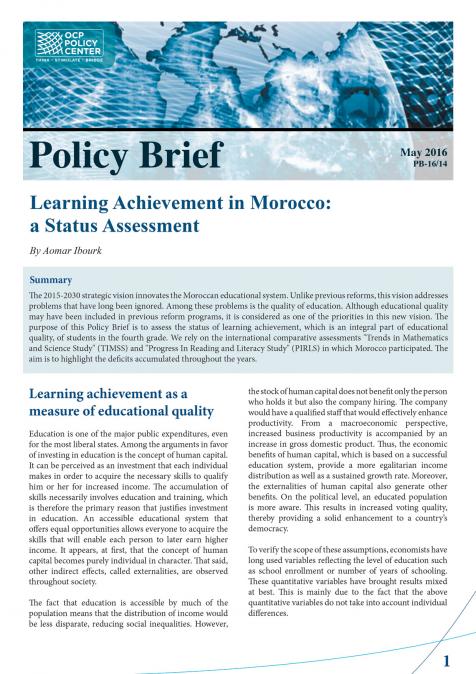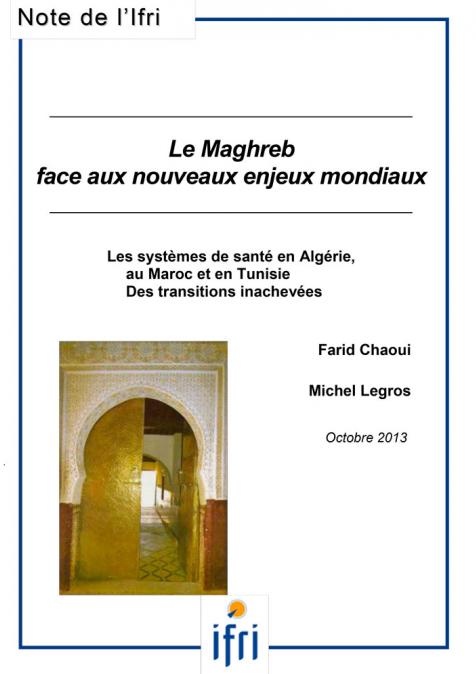Publications /
Paper in Academic Journals
This Paper was originally published on springer.com
This paper provides an in-depth analysis of socio-economic convergence across communes in Morocco, focusing on monetary poverty and educational inequalities. This research investigates the impact of the well-known territorial and inclusive development policies of the National Initiative for Human Development on the catch-up process. We explore the data from the last two general population and housing censuses (2004 and 2014) for the most concise geographical scale of 1501 communes in Morocco: 260 urban and 1241 rural. We apply the beta-convergence test and conduct empirical analysis using cross-sectional models. The objective is to compare the nature and speed of convergence for the two variables: the monetary poverty rate and the Gini education index. Findings indicate a significant gap between the speed of convergence of poverty and the Gini education index. The National Initiative for Human Development policies have played a key role in reducing income poverty. Indeed, educational inequalities persist, albeit to a significant extent, in rural Morocco. The inequalities vary between the Club of Convergence (Q1) of the wealthy communes and the Club of Convergence of the poorest communes (Q4). This research provides Moroccan policymakers with a comprehensive analysis of spatial disparities. This research recommends enhancing the design and targeting of educational programs for better efficiency. The findings of this paper confirm that establishing a strong and sustainable foundation of human capital in Morocco hinges on reducing territorial disparities in access to education, quality of schooling, and student retention.

